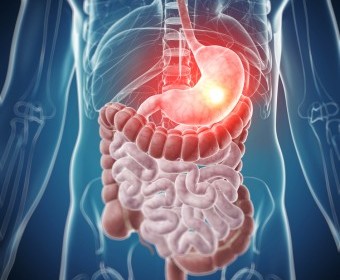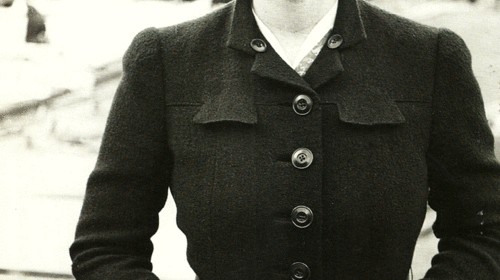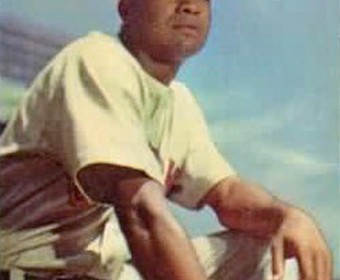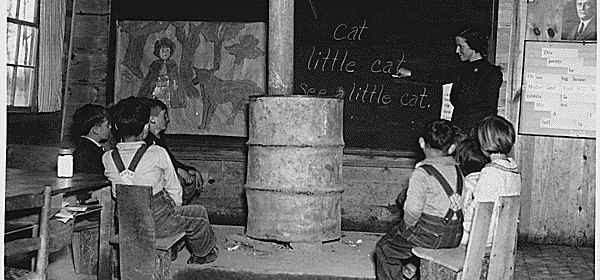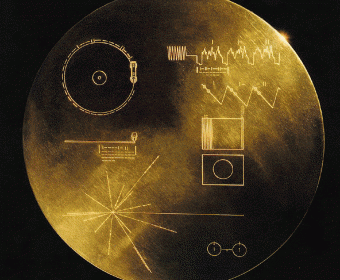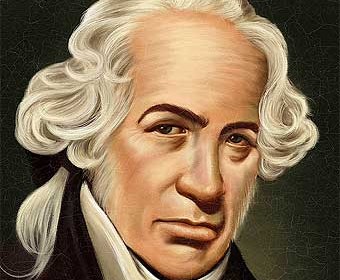The Man Who Sold the Eiffel Tower

It was in May of 1925 when Victor Lustig first conceived the scheme that would make him a legend. With documents and letterheads proclaiming him the Deputy Director of the Ministere de Postes et Telegraphes (the Ministry of Postal Services and Telecommunications), Lustig had sent out notes to prominent Paris scrap metal businesses urgently asking them to meet him at […]
Read more




